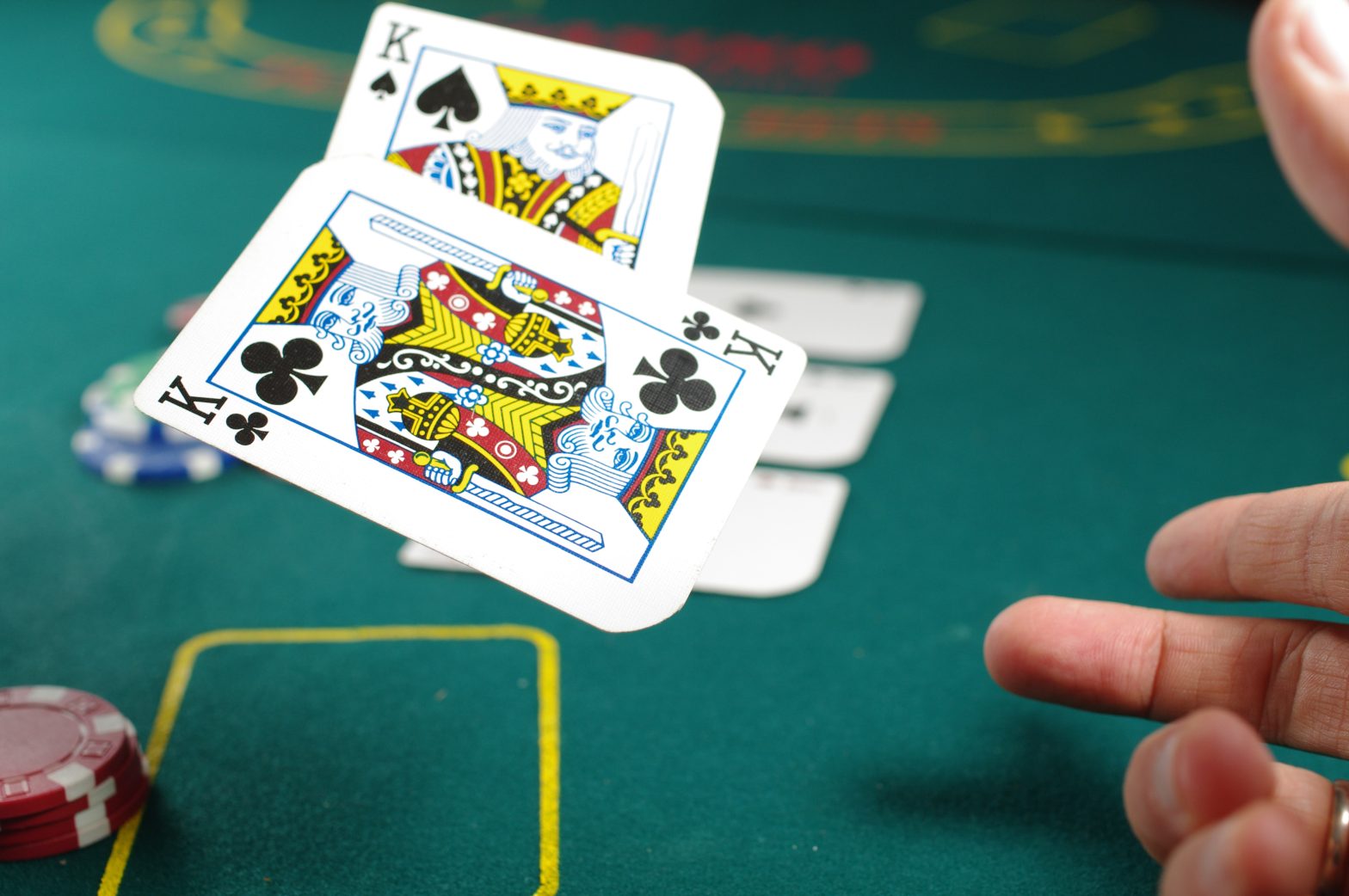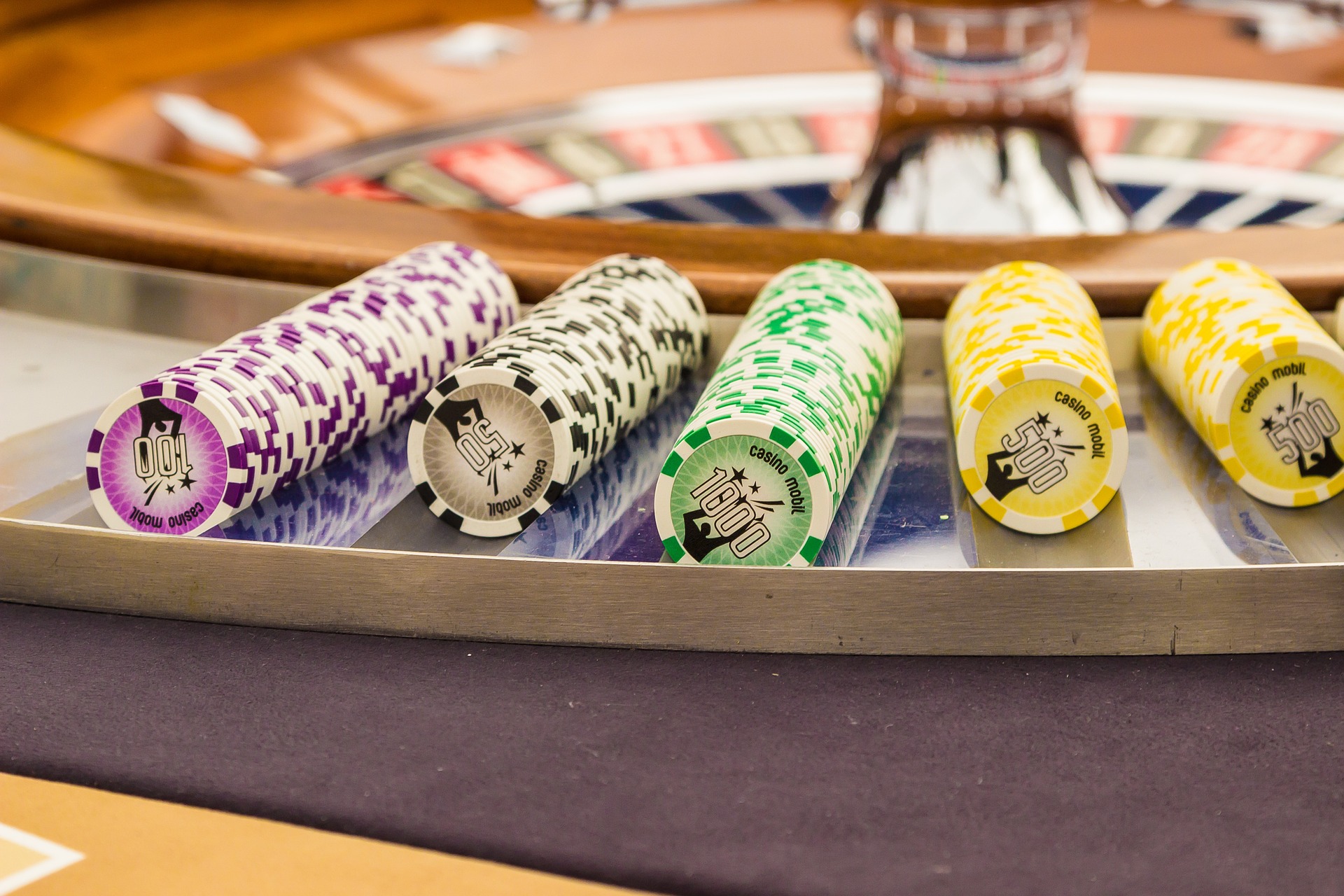Casinos and politics have a deep, intertwined relationship. Political decisions affect casino operations directly. In turn, casinos can influence politics in various ways. This relationship is complex and multifaceted.
Regulations and Licenses
Casinos operate under strict regulations. Governments establish these rules to control the industry. These regulations vary by country. Obtaining a license is often a lengthy and expensive process. Governments use licenses to monitor and manage casinos.
Economic Impact of Casinos
Casinos contribute significantly to the economy. They create jobs and attract tourists. Tax revenues from casinos are substantial. Local governments rely on this income. However, there are also negative aspects.
Social Problems Linked to Casinos
Casinos can cause social problems. Gambling addiction is a major issue. Families can suffer due to this addiction. Policies must balance economic benefits with social impacts. Minimizing harm while maximizing benefits is crucial.
Political Influence of Casinos
Casinos often have political influence. They can fund political campaigns. This gives them considerable power. Political decisions can then become biased. This influence raises ethical and transparency issues.
Online Casinos and Policies

Online casinos, like Bizzo Casino, add complexity. Regulating these platforms is challenging. Governments need to update laws. This presents new challenges for regulation and taxation.
Legalization and Opposition
Legalizing casinos often sparks debate. Some argue it generates revenue and jobs. Others fear negative social impacts. Policymakers must navigate these opposing views. Finding a balance is essential.
Casinos and Urban Development
Casinos can stimulate urban development. They attract tourists and investment. Infrastructure like hotels and restaurants grow around them. However, this can lead to gentrification. Local residents may be displaced.
Public Perception of Casinos
Public perception of casinos varies widely. Some see them as entertainment hubs. Others view them as sources of social issues. Politicians must consider these views. Public opinion can influence casino regulations. Balancing these perceptions is important.
Casinos and Community Impact
Casinos impact their surrounding communities. They create jobs and boost local economies. However, they can also lead to increased crime and addiction. Communities need support to manage these impacts. Effective policies can help balance benefits and drawbacks.
Political Debates on Casinos
Casinos often spark political debates. Legislators discuss their economic benefits and social costs. These debates shape casino laws. Different political parties have varying views. Consensus is needed to create effective casino policies.
Casinos and Local Businesses

Casinos can help local businesses. Restaurants, hotels, and shops nearby often see more customers. This boost can help the local economy grow. However, some small businesses may struggle. They might find it hard to compete with large casino attractions.
Casinos and Tourism
Casinos attract tourists from around the world. Tourism increases local spending. Visitors stay in hotels, eat at restaurants, and shop locally. This influx of tourists helps the economy. However, tourism can also strain local resources and infrastructure.
Government Revenue from Casinos
Casinos generate significant revenue for governments. Taxes on casino earnings fund public services. This money supports schools, hospitals, and infrastructure projects. Strong regulation ensures fair taxation. Properly managed, casinos can be a valuable public resource.
Conclusion
The relationship between casinos and politics is intricate. Political decisions shape the casino industry. Conversely, casinos influence political landscapes. Understanding this dynamic is crucial for navigating the sector. Balanced regulation is key to maximizing benefits and minimizing negative impacts.



